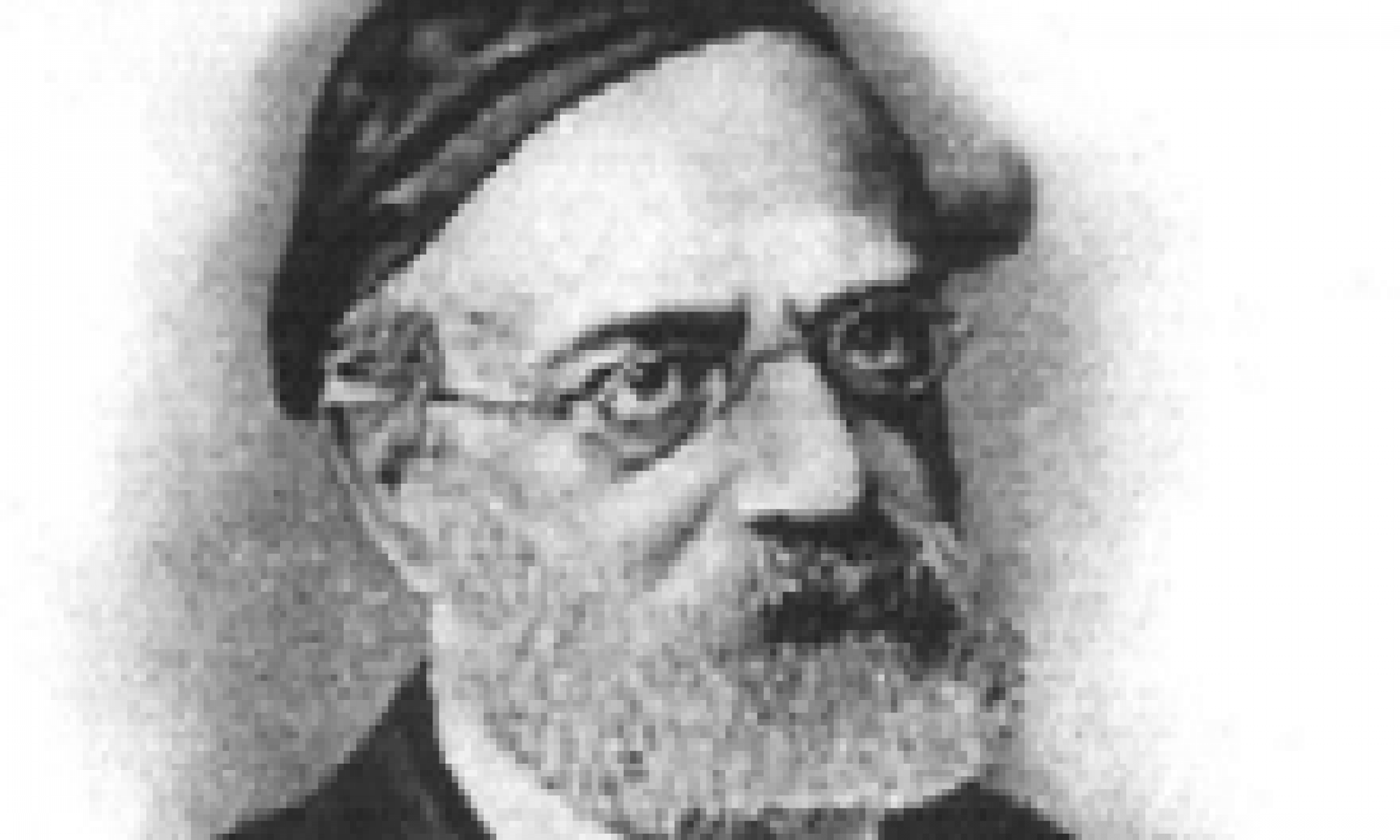Nearly 400 years had elapsed since the Mabul. People naturally branched out to different locations. The changes in location and the effect the elements in those locations had on the inhabitants created differences, including the dialects that people spoke (לשון). Even so, the basic language that was spoken was still one language (שפה אחת ודברים אחדים).
The older generation remained in the east. (a place of spirituality, even today. Also, note that the sun rises from the east.) Shem and perhaps Noach remained in the east. The younger generation removed themselves from God. (ויסעו מקדם – מקדמונו של עולם). They found a plain in the land of Shinar. This is where Nimrod, the first “cunning hero”, created a following by exerting his intelligence and force over others and began his reign.
They wanted to settle in this plain but it didn’t have the ready-to-use building material that nature provided. And so they invented the brick. They said, “Let us see if we can manufacture something ourselves. Let us produce artificial stones. (הבה נלבנה לבנים)” There wasn’t enough fuel to produce a large quantity of bricks and so they said, “Let us burn whatever we find. (ונשרפה לשרפה)” Lastly, they used mortar – until then, used as a bonding agent – as cement, replacing clay which they couldn’t find (וְהַחֵמָר הָיָה לָהֶם לַחֹמֶר). The raw materials were of course provided by nature but the product was man-made.
They said, “Let us build for ourselves a city and a tower whose top shall reach the heavens, and let us make a name for ourselves, lest we be scattered all over the face of the earth.”
This “name for themselves” was directed at God (Who is over them) and directed at the individual (who is below them). Mankind as a whole has no equal. They came to recognize the power of a community. Working together, man can overcome and master nature. The purpose of the tower they set out to build was to be an ongoing project for all future generations. It was to be an everlasting monument to the power of the community and its preeminence over the individual.
In the Torah’s view, the community should serve to complement the individual. This is only so when the community’s aim is to serve God, which is the same goal of the individual. When that is the case, all the individual forces combine to serve God more completely. The primary goal remains the individual’s goal.
The danger in community is if it regards its collective power as an end in itself – if it declares that the individual only has value through the community. Then, instead of the community complementing the individual, the community nullifies the individual.
This was the danger here. Their aim was to make a name for themselves; to declare the power of community as the goal, leaving no room for God and no room for the individual to serve God. This community declared that they as a group had progressed and invented whatever they need. The community had no need for God.
With the community as the goal, they left no room for morality. While individuals weep when a loved one passes away, here everything is to be destroyed for the betterment of the whole. “Let us burn whatever there is, never mind what we destroy, as long as it will contribute to the needs of the community.”
In light of the above we can easily understand the following Midrash (פדר”א פרק כד): If a man fell at the construction site and died, they paid no heed to him, but if a brick fell, they sat down and wept, as said, “When will be able to get another to replace it?”
(The pyramids of Egypt – descendant of Cham as well – that each pharaoh built, were projects whose purpose was along the lines of this tower.)
(see Hirsch’s stirring words on page 268)
Beraishis 11:1-4
pages 262-269

